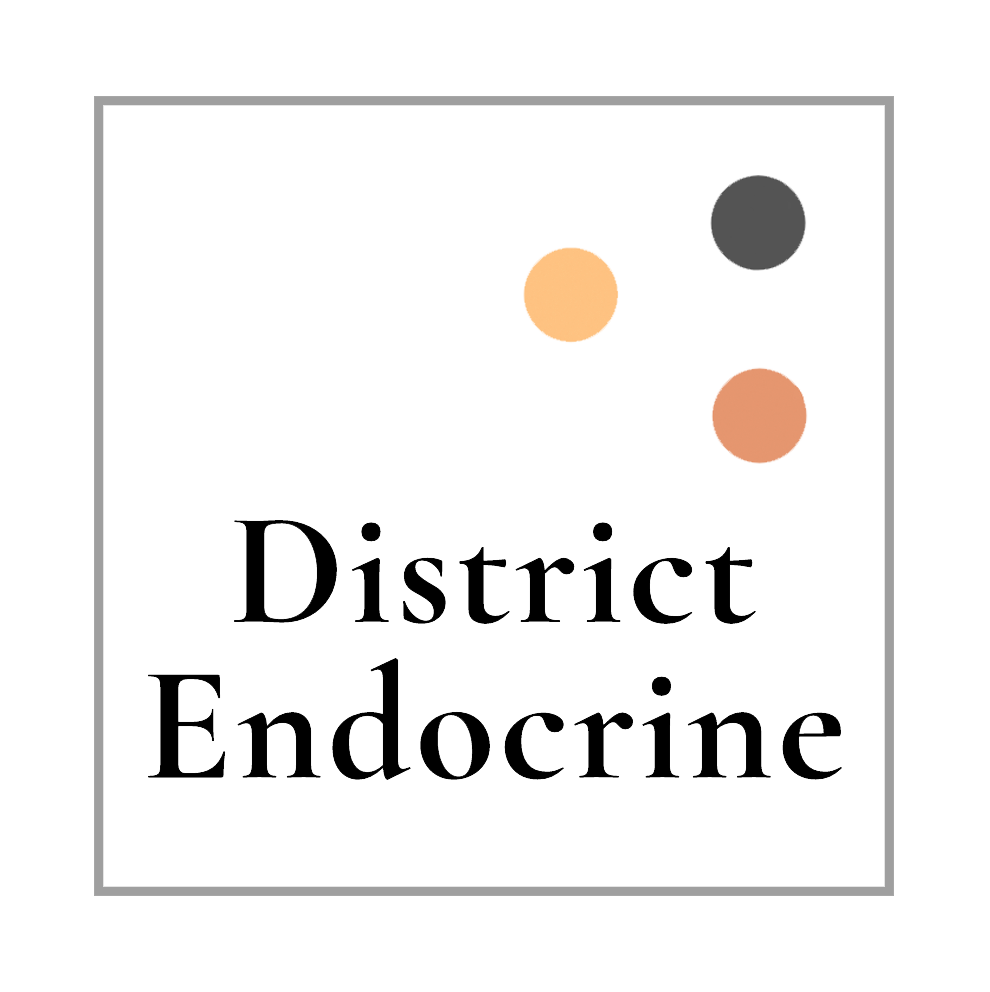
Hypothyroidism (also known as an underactive thyroid) is a condition when the thyroid gland cannot keep up the demand for thyroid hormone production. This is a widespread condition, which may be caused by autoimmune disease, trauma, inflammation, iodine deficiency, pregnancy, infection, thyroid surgery, radiation exposure, or certain medications. It can present a variety of non-specific symptoms such as fatigue, weight gain, dry skin, constipation, hoarse voice, and the list of other symptoms. I get a fairly common question that people with hypothyroidism have an increased risk of acquiring COVID infection or developing severe form. The simple answer is NO. We have not seen it in the clinical setting, and there is no research data yet to prove that hypothyroidism is a risk factor for COVID infection.
Autoimmune thyroid disease such as Hashimoto’s thyroiditis and COVID:
The U.S. Centers for Disease Control (CDC) have advised that immunocompromised people should be cautious and take precautions to avoid getting COVID infections. These patients are at higher risk of acquiring the infection and developing severe illness from COVID-19. Immunocompromised people have a weak immune system due to medications or medical conditions. These patients have a harder time-fighting infection, including COVID 19. It is essential to know that the immune system is complex, and not every autoimmune disease affects the body’s’ strength to fight infections. Similarly, having autoimmune thyroid disease does not compromise the immune system or reduce the ability to fight viral infection. At this point, there is no scientific data to prove that having autoimmune thyroid disease increases the risk of acquiring or developing a severe form of COVID-19.
Are there any shortages of levothyroxine?
Levothyroxine is a very commonly prescribed medication in the United States, available in many brands and generic types across all the pharmacies. It is on the 4-dollar Walmart pharmacy list for those without insurance coverage. Currently, there are no shortages of these thyroid hormone replacement medications.
How to limit the risk of COVID exposure?
However, at this point, I recommend maintaining social distancing and limiting exposure to COVID-19. Several pharmacies are offering mail order service for free, which should be utilized to reduce exposure. Patients should consider getting a 90-day supply of prescriptions of their thyroid medications from their local pharmacy to reduce visits and exposure.
Image Credits: Anis Rehman MD – copyrights revered – Picture was taken at Isle of Skye, Scotland, the UK.

